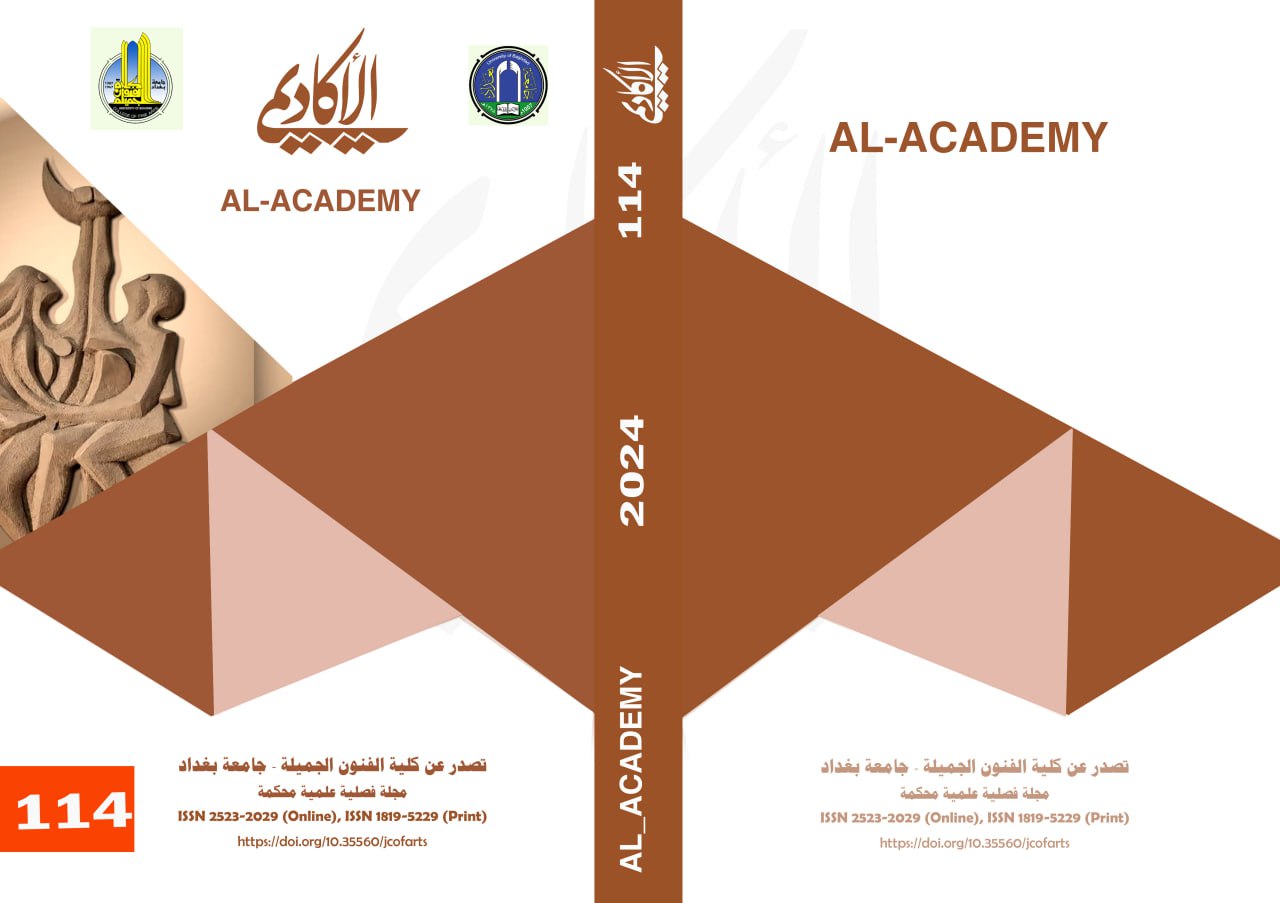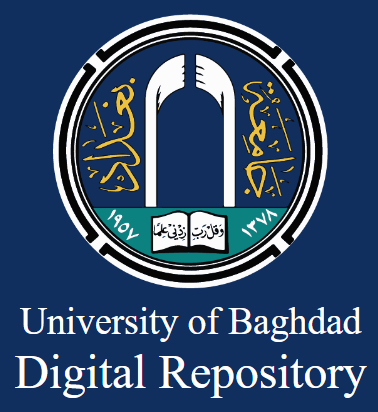Echoes of Change: How Saudi Songs Shaped Cultural Shifts in the 70s and 80s
DOI:
https://doi.org/10.35560/jcofarts1480Keywords:
Saudi songs, cultural transformation, societal change, traditional music, Saudi ArabiaAbstract
This paper investigates the transformative function of Saudi songs in the analysis and influences of societal changes during the 1970s and 1980s. The research focuses on how music, including songs, helped and reflected quickly developing socio-cultural modifications associated with economic expansion and modernization in the country. The study is based on a qualitative strategy, counting on interviews conducted with cultural historians, and present music artists who can tell the tale of music’s consequences on culture. Eight participants were selected to participate in the research. The research evaluates how folk songs gathered and reflected Saudi society's common thinking and changing values. The findings highlighted that Saudi songs could be viewed as artistic achievements, a mode of societal critique, and an instrument of cultural transformation. Moreover, the research findings include the remarkable changes in Saudi songs from the 1970s and 1980s and the increasing number of tracks devoted to certain moral and sociopolitical issues like social reforms, national pride, and changes in conventional values. Finally, the paper found that the Saudi songs from the 70s and 80s are pivotal in understanding the broader socio-political landscape of Saudi Arabia during these decades. Music significantly helped in the rapid alterations and formed the ways in which common Saudis recognized and lived through those adjustments Whether as a mode of societal engagement or an aspect of societal changes.
References
Alghamdi, A., Aldossary, A., & Elhassan, W. (2022). Using classroom debates to elicit views on educational reforms. Learning and Teaching in Higher Education Gulf Perspectives, 18(2), 119-130.
Al-Najjar, A. (2022, August 7). Types of Saudi Folk Arts. Retrieved from
Al-Saleh, R. (2023, March 15). What are the most prominent Saudi folk arts? Retrieved from https://taqaled.com/s/%D9%85%D8%A7-%D9%87%D9%8A-%D8%A3%D8%A8%D8%B1%D8%B2-%D8%A7%D9%84%D9%81%D9%86%D9%88%D9%86-%D8%A7%D9%84%D8%B4%D8%B9%D8%A8%D9%8A%D8%A9-%D8%A7%D9%84%D8%B3%D8%B9%D9%88%D8%AF%D9%8A%D8%A9
Al-Shahri, M. (2001, May 29). Songs of the cities. Al Riyadh newspaper.
Alsweida, A. (1989). Najd in the Recent Past. Cairo, Egypt: Dar Al-Uloom for Printing and Publishing.
Al-Wasel, A. (2010) The Land Sings: The Renaissance Archive and the Memory of Modernity, Difaf Publications, Beirut, Lebanon.
Baghfar, H. (1994). Folk Songs in the Kingdom of Saudi Arabia. Jeddah: Al-Qadisiyah.
Bascom, W. (1965). The forms of folklore: Prose narratives. The Journal of American Folklore, 78(307), 3-20.
Campbell, K. H. (1996). Recent recordings of traditional music from the Arabian Gulf and Saudi Arabia. Review of Middle East Studies, 30(1), 37-40.
Campbell, K. H. (2007). Saudi Folk Music: Alive and Well. Aramco World Magazine,58, (2) March/April 2007 accessed 25/11/2023
Finnegan, R. (2012). Oral literature in Africa (p. 614). Open Book Publishers.
https://archive.aramcoworld.com/issue/200702/saudi.folk.music.alive.and.well.htm
Kane F (2019). The 1970s — a seismic decade for Saudi Arabia’s economy. Arab News newspaper, 23/09/2019 retrieved from: https://www.arabnews.com/node/1558251 accessed 23/11/2023
Lord, A. B. (1960). The Singer of Tales. Harvard University Press. Cambridge (Mass).
Mahmood, H. and Alkahtani, N. (2018). Human resource, financial market development and economic growth in Saudi Arabia: a role of human capital. Economic Annals-Ххi, 169(1-2), 31-34.
Naimi, A. and Muhanna, S. (2021). Economic diversification trends in the gulf: the case of Saudi Arabia. Circular Economy and Sustainability, 2(1), 221-230.
Otterbeck, J. (2012). Wahhabi ideology of social control versus a new publicness in Saudi Arabia. Contemporary Islam, 6, 341-353.
Rasasi, M., Qualls, J., & Algamdi, B. (2019). Oil revenues and economic growth in Saudi Arabia. International Journal of Economics and Financial Research, (53), 49-55.
Sulimany, H., Ramakrishnan, S., Bazhair, A., & Adam, S. (2021). Enhancing shareholder value through corporate governance mechanism in Saudi Arabia. Studies of Applied Economics, 39(10).
Walter, O. (1982). Orality and literacy: the technologizing of the word. London and New York: Taylor and Francis Group.
Downloads
Published
Issue
Section
License
Copyright (c) 2024 Bader Ibrahim Alharbi

This work is licensed under a Creative Commons Attribution 4.0 International License.













